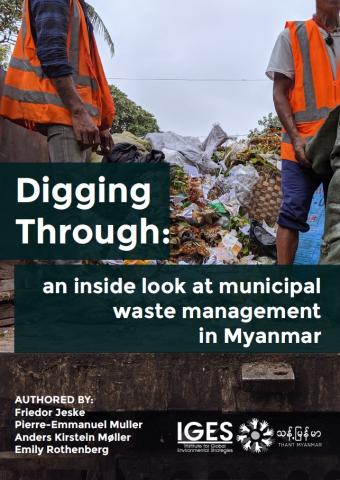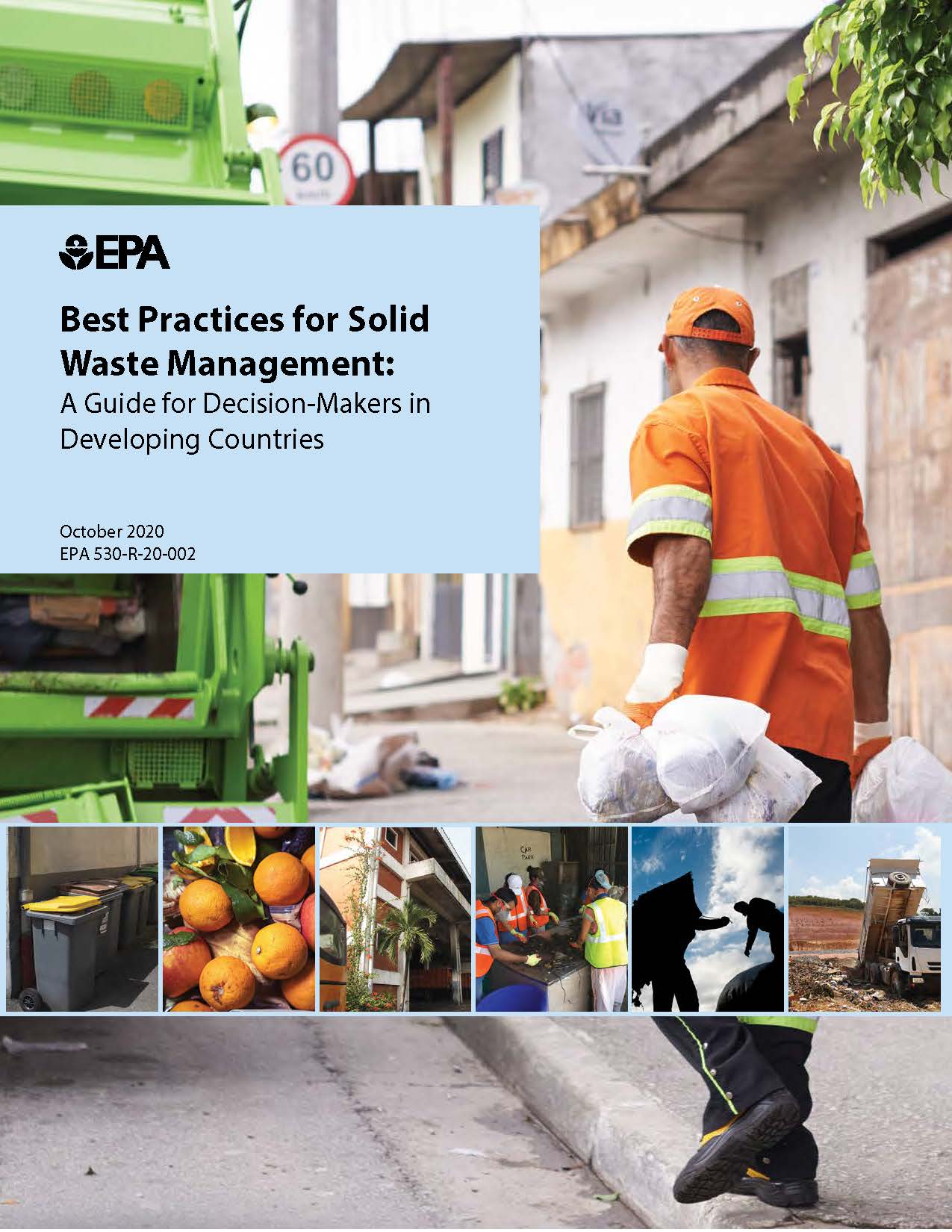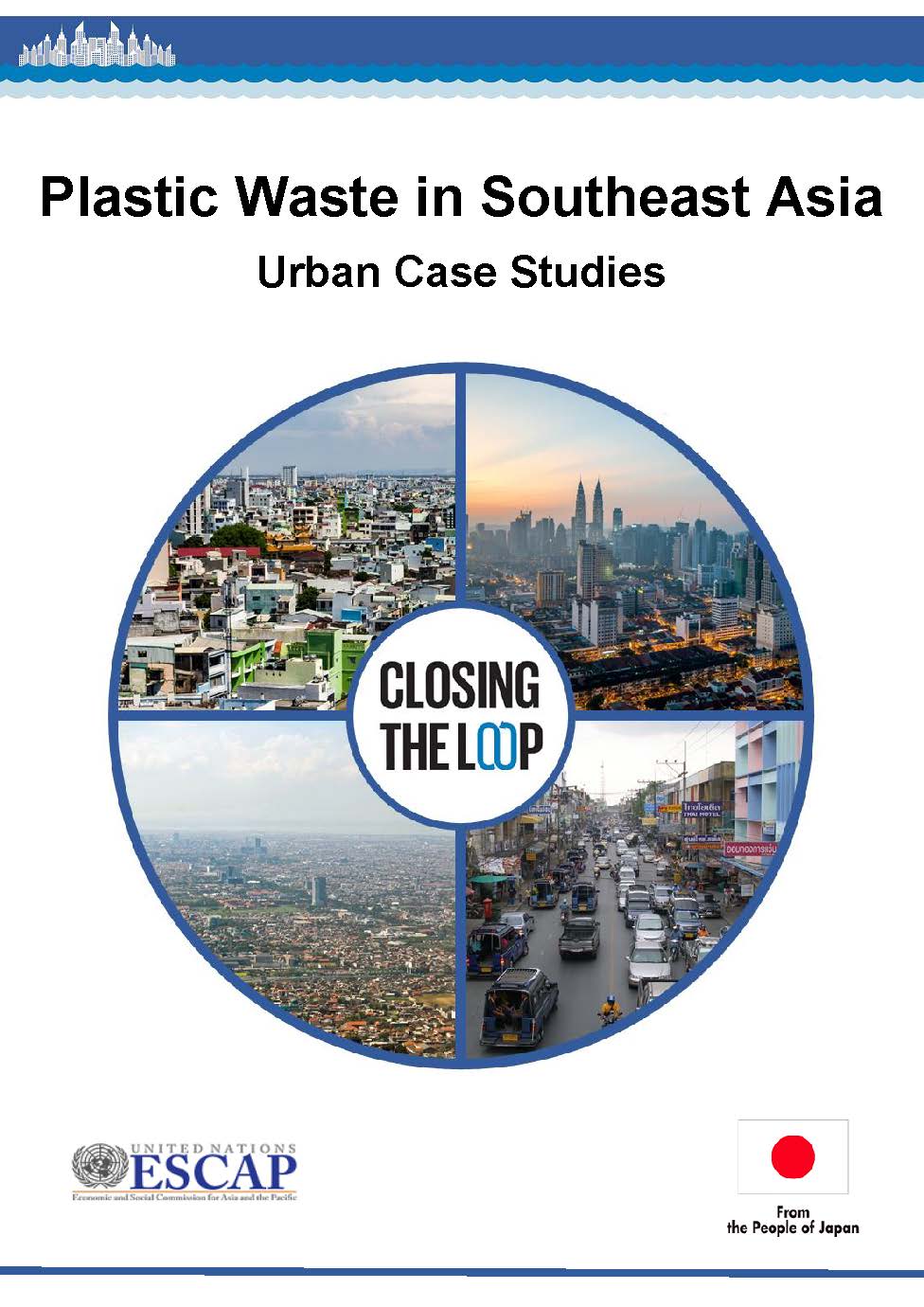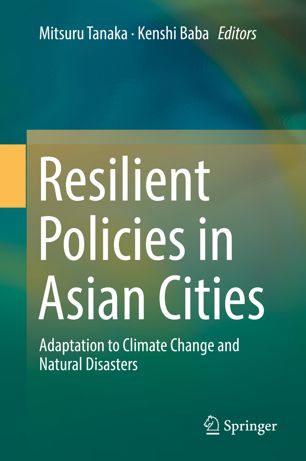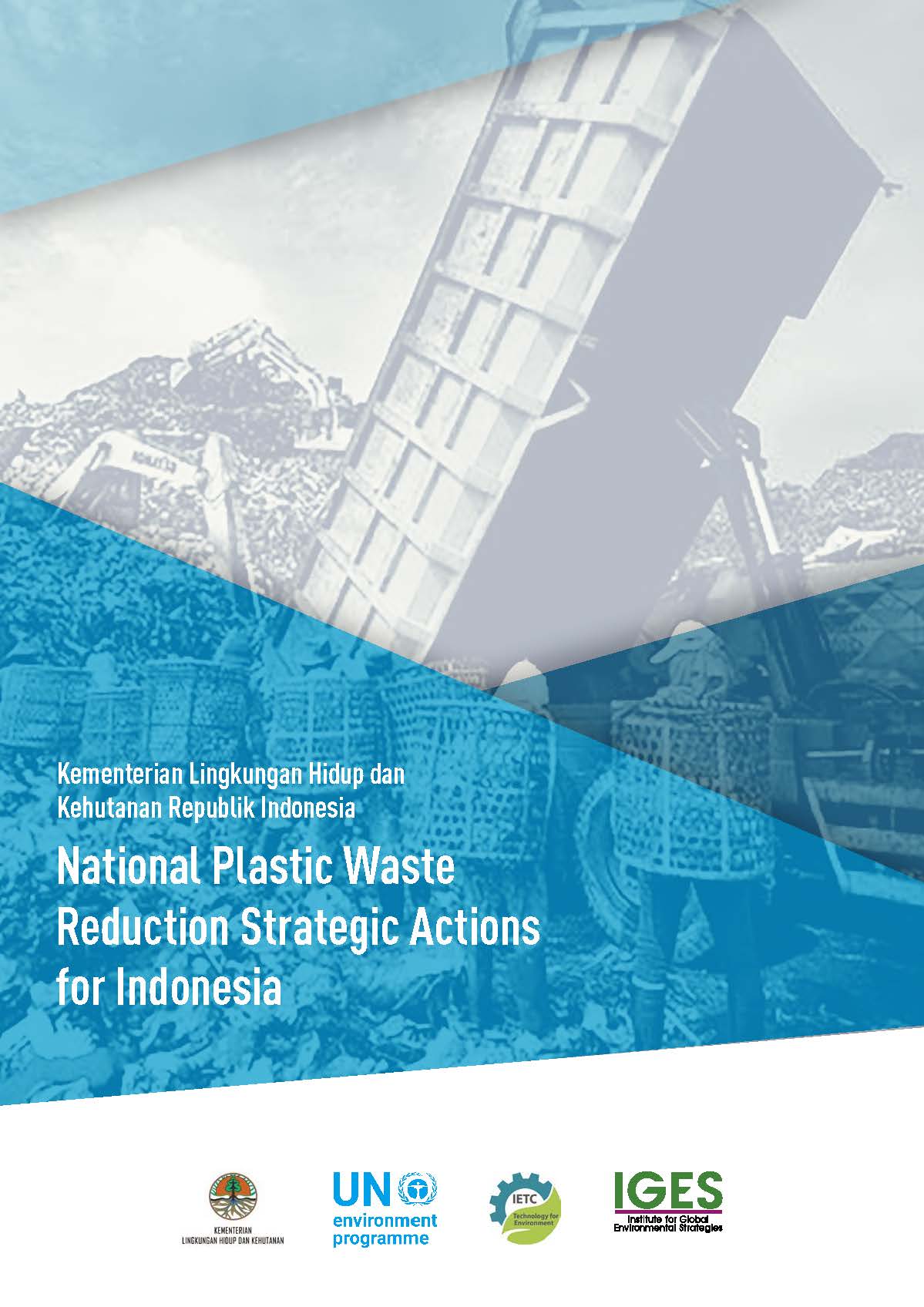Contributor:
Understanding Myanmar’s solid waste systems presents a challenge for anyone working in the sector. While waste collection and disposal challenges faced by Myanmar’s cities and towns share similarities, strategies to overcome them evolve locally and are often not well-communicated between different local government bodies. Data on the country’s...

